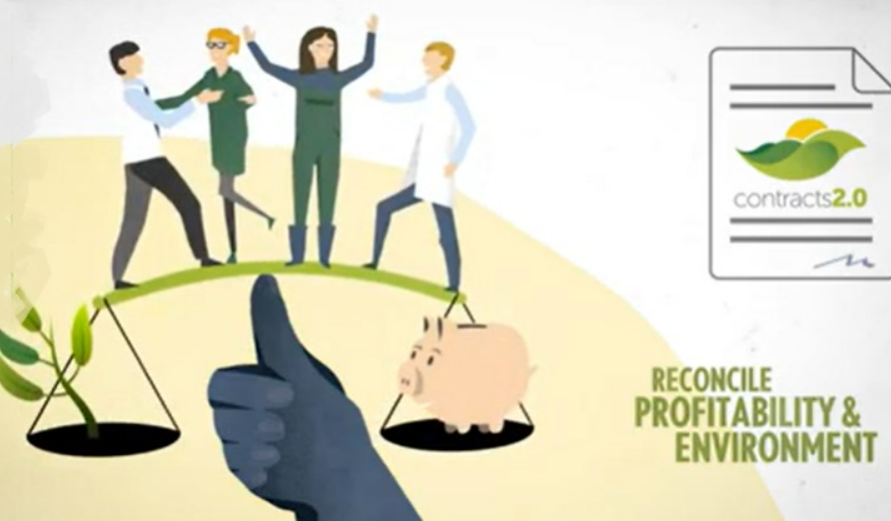- Home
- Worldwide
- CIRAD worldwide
- Projects
- CONTRACTS2.0 project
Innovative contracts for farmers and nature - CONTRACTS2.0

© CIRAD
Issues
In France, the collective pastoral areas in the Hautes-Pyrénées department have benefited from 20 years of contractual arrangements. This work will be looking at the situation in other highland areas, as well as pastoral zones outside highland areas, that have not had that experience. The project will examine the possibility of transposing the attainments of “highland pastoral” contractual arrangements to other contexts.
Description
The work will be divided between task groups organized around two major tools, “Contract Innovation Labs”(CILS) and “Policy Innovation Labs” (PILS):
- Establish general principles for designing new contracts;
- Inventory, classification and assessment of existing experiences in the different countries taking part in the project, to ensure that the diversity of European contexts is taken into account;
- Setting up of “Contract Innovation Labs” (CILS). The principle is to mobilize contract‑based stakeholders and compare their experiences with research work and results. The CILS, which are designed as spaces for dialogue and multi-stakeholder action intended to stimulate creativity and social learning, are based on the self-assessment of past experiences and on co-designing improvements for existing arrangements or new arrangements;
- Setting up of “Policy Innovation Labs” (PILS). The PILS, which will run in parallel with the CILS, bringing together decision-makers (elected representatives and representatives from central administrations, etc.), representatives of contract-based stakeholders and experts, are intended to support the development and implementation of proposals developed by the CILS. The purpose of this task group is to ensure, via the PILS, that the proposals developed in the CILS fuel policy processes for the construction of agri-environmental set-ups;
- Testing and analysis of improvement proposals, or introduction of new contractual solutions (identified by the CILS);
- Communication, dissemination and exploitation of project results;
Expected changes
- Many European territories and partners brought into contact and sharing their experiences of agri-environmental contractual arrangements; .
- An in-depth analysis of what has been done in this field on collective pastoral areas. The conditions needed to make proposals adapted to the particular context of collective pastoral activity will be fulfilled;
- Some novel tools, CILS and PILS, will be tested. The multi-stakeholder approach adopted.
Expected impacts
- The CONTRACTS 2.0 project contributes to the advent of new ways of utilizing environmental public goods in agriculture;
- In the long term, French agriculture joins a sustainability movement, and economic and environmental challenges are no longer in conflict.























